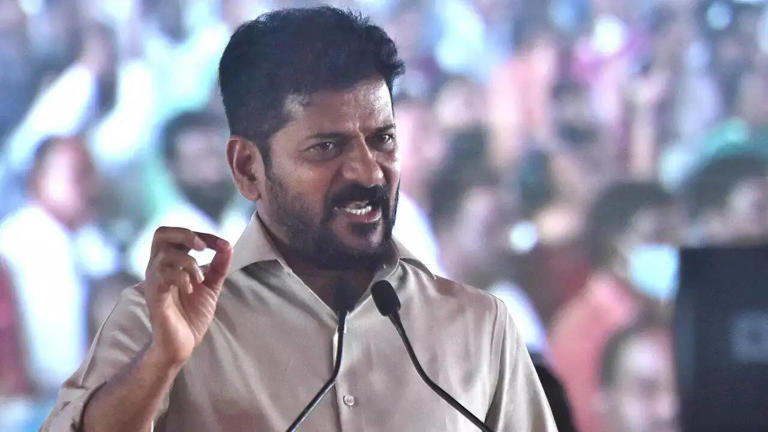“We’ll Cross That Bridge”: India’s Assertive Stand Against America’s Energy Ultimatum
India has officially responded to growing pressure from the United States over its continued energy ties with Russia, following a proposed U.S. bill that threatens a 500 percent tariff on imports from countries that do business with Moscow. At the center of this response is External Affairs Minister S. Jaishankar, who, while visiting Washington, D.C., made it clear that India will act in its own interest, adopting a wait-and-watch approach to the unfolding legislation.
The proposed bill, spearheaded by U.S. Senator Lindsey Graham, is aimed at countries that have maintained or increased their energy imports from Russia despite the war in Ukraine. The bill directly mentions India and China as key targets due to their significant trade volumes with Russia, especially in crude oil and gas.
In recent months, India’s imports of Russian crude oil have surged to nearly 44% of its total oil portfolio, up from less than 1% before the Ukraine conflict began. This spike—driven largely by heavily discounted Russian oil—has allowed India to save billions in energy costs, a key concern for a growing economy battling inflation and energy insecurity.
But now, with over 80 U.S. lawmakers backing the tariff proposal, the possibility of it passing both chambers and overriding any presidential veto is real. The potential law could have serious trade consequences for Indian refiners and exporters, particularly those reliant on the U.S. market.
GRAHAM’S BILL EXPOSED: How a 500% Tariff Could Cripple India’s Russian Crude Imports
Responding to the media during his visit, Jaishankar stated clearly:
“Our concerns and our interests on energy security have been made conversant to him (Senator Graham). So, we’ll then have to cross that bridge when we come to it, if we come to it.”
#WATCH | Washington, DC | On a question by ANI regarding US plans to impose 500% Tariffs on import of the Russian Oil, EAM Dr S Jaishankar says, "Regarding Senator Lindsey Graham's bill, any development which is happening in the US Congress is of interest to us if it impacts our… pic.twitter.com/CvhbT6zMmH
— ANI (@ANI) July 2, 2025
This statement captures India’s measured and sovereign stance, emphasizing that New Delhi will not make premature decisions based on proposed—not yet enacted—legislation.
Jaishankar further confirmed that India’s ambassador and embassy in Washington have been actively engaged with Senator Graham’s office, conveying India’s position on energy security, strategic autonomy, and regional interests.
India views its relationship with Russia as historically stable, and essential for its defense, energy, and geopolitical balancing. While India has publicly condemned civilian casualties in Ukraine and supported diplomatic resolution, it has not joined Western sanctions on Russia and continues to diversify its oil imports based on affordability and supply security.
In essence, India is making it clear that any future course of action will be based on national interest, legality, and evolving geopolitical dynamics—not external pressure.
As the U.S. Congress debates the bill, New Delhi remains vigilant but not reactive—showing that it values strategic partnerships but will not compromise its sovereignty on critical matters like energy.





















